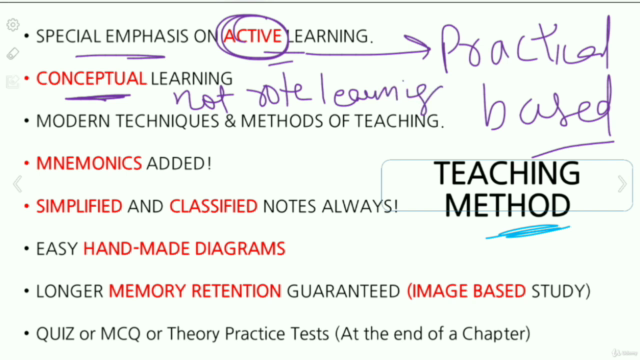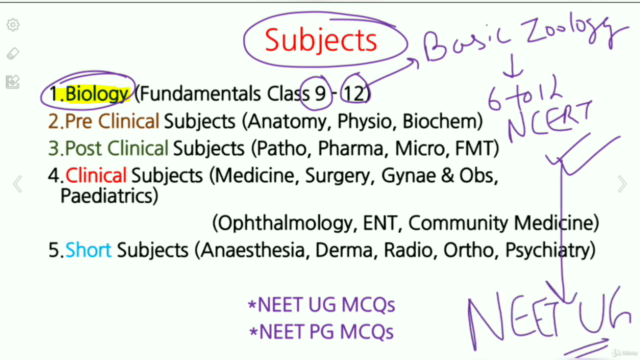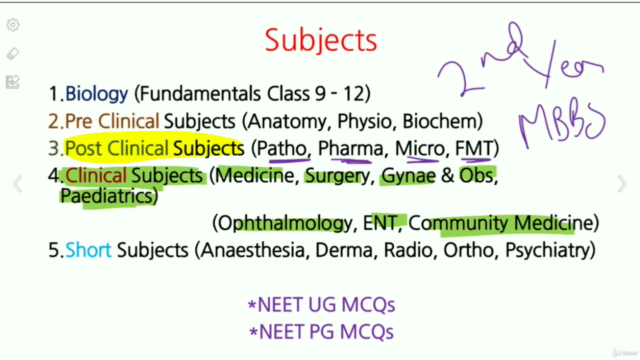Plant Biology

Why take this course?
🎉 Explore the Wonders of Plant Biology with Dr. Anshul Singh's "Plant Physiology: Understanding Reproduction" Course! 🌱
Course Overview:
Are you curious about how plants perpetuate their lineage and ensure their survival across generations? Plant Physiology: Understanding Reproduction dives deep into the fascinating world of plant reproduction. This course demystifies the biological processes that enable plants to propagate, sustain, and diversify life forms on our planet.
What is Reproduction? 🌱🔍
- Reproduction: The miraculous process where organisms create new individuals who are biologically similar to themselves. It's a fundamental aspect of life that drives the evolution and continuity of species.
- Continuity Across Generations: Through reproduction, plants and animals pass on their genetic legacy, ensuring the ongoing presence of their species.
Types of Reproduction 🌿
Plants employ two primary types of reproduction:
- Asexual Reproduction 🍓
- Asexual reproduction involves a single parent organism producing a new individual without the fusion of gametes. This results in offspring that are clones of the parent.
- While rapid population growth can be achieved with no need for a mate, this method tends to limit genetic diversity and can lead to vulnerabilities against diseases and environmental challenges.
Asexual Reproduction Techniques 🔬
Asexual reproduction comes in many forms:
- Binary Fission: The simplest form of asexual reproduction where a single cell divides into two, each carrying the full complement of DNA from the original cell. (e.g., amoeba)
- Budding: A process where a new individual grows from a bud on the body of the parent organism. The bud matures and separates once fully developed. (e.g., hydra)
- Fragmentation: When a large multicellular organism physically splits into smaller parts, each capable of developing into a full individual. (e.g., planaria)
- Sporogenesis: This form involves creating spores that can develop into new organisms without the need for sexual fusion. These spores can be dispersed by wind or animals.
By understanding the intricacies of plant reproduction, you'll gain valuable insights into how plants thrive and adapt to their environments. Join Dr. Anshul Singh in this insightful journey through the world of plant biology and physiology, and transform your knowledge with Plant Physiology: Understanding Reproduction. 🌿➡️🚀
Enroll now and unlock the secrets of plant life cycles, evolutionary adaptations, and much more! 📚✅
Course Gallery




Loading charts...